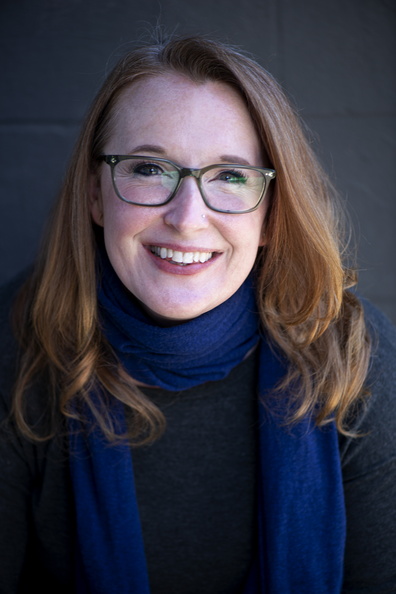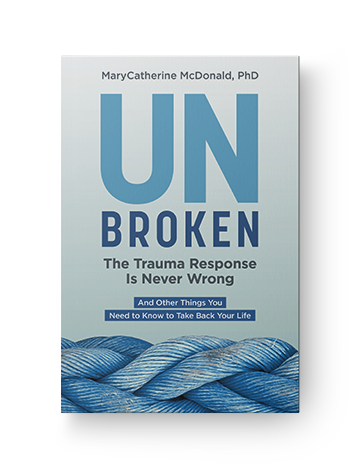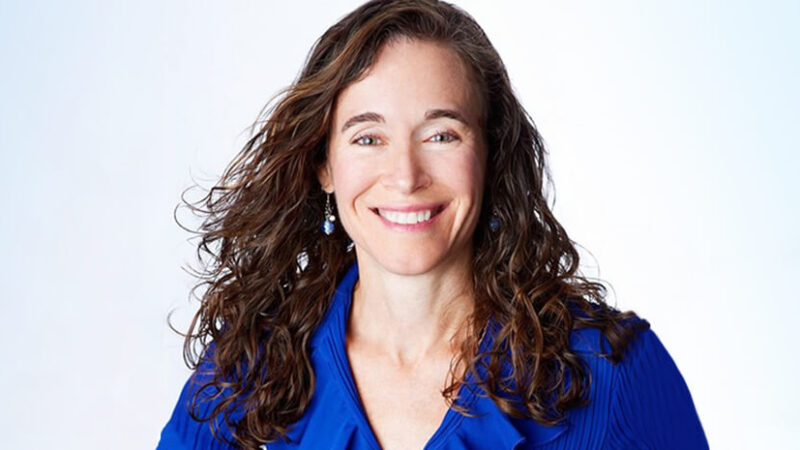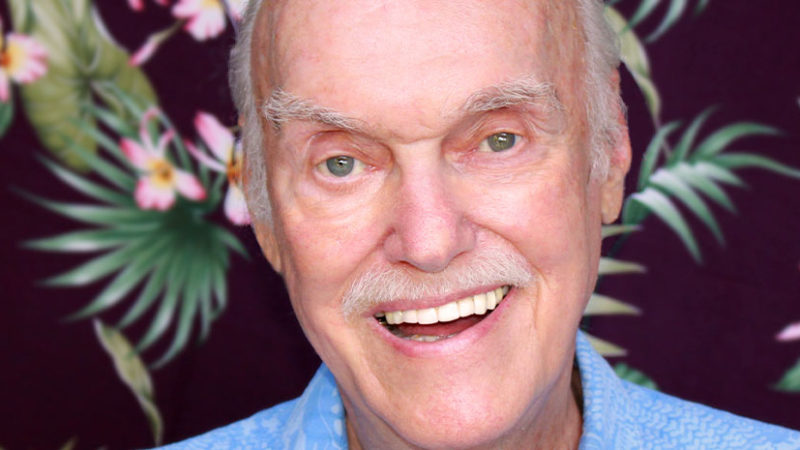-
E117: The Real Work: Letting Go from Within
Michael Singer — October 2, 2025
True spirituality isn’t about mystical experiences or lofty ideals—it’s about honestly facing...
-
Once More: Reflections on Reincarnation and the Gap Between Lives
Tami Simon — September 26, 2025
In this special reflection episode of Insights at the Edge host Tami Simon looks back on her...
-
Honey Tasting Meditation: Build Your Relationship with Sweetness
There is a saying that goes “hurt people hurt people.” I believe this to be true. We have been...
Written by:
Amy Burtaine, Michelle Cassandra Johnson
-
Many Voices, One Journey
The Sounds True Blog
Insights, reflections, and practices from Sounds True teachers, authors, staff, and more. Have a look—to find some inspiration and wisdom for uplifting your day.
Standing Together, and Stepping Up
Written By:
Tami Simon -
The Michael Singer Podcast
Your Highest Intention: Self-Realization
Michael Singer discusses intention—"perhaps the deepest thing we can talk about"—and the path to self-realization.
This Week:
E116: Doing the Best You Can: The Path to Liberation -
Many Voices, One Journey
The Sounds True Blog
Insights, reflections, and practices from Sounds True teachers, authors, staff, and more. Have a look—to find some inspiration and wisdom for uplifting your day.
Take Your Inner Child on Playdates
Written By:
Megan Sherer
600 Podcasts and Counting...
Subscribe to Insights at the Edge to hear all of Tami's interviews (transcripts available, too!), featuring Eckhart Tolle, Caroline Myss, Tara Brach, Jack Kornfield, Adyashanti, and many more.
Most Recent
The Trauma Response is Never Wrong
We have been tricked to believe that the trauma response is a sign of weakness and disorder. What science shows us is that the trauma response is in fact a sign of strength and proof of an inherent human drive to survive. We need society to catch up with science, and fast. We are no longer living in an era where we can assume that trauma impacts a minority of the population. Trauma impacts us all. This has always been true, but we can no longer pretend otherwise.
Unbroken is a book about the miracle of the trauma response, the importance of acceptance and self-compassion, and the transformative healing potential that lies within us all. Drawing on my experience as a trauma researcher, coach, as well as my own personal journey of healing, this book offers a new perspective on trauma that emphasizes the wisdom of the body and the resilience of the human spirit.
If you’re struggling with the after-effects of trauma, Unbroken can help you understand your experience in a new light. You’ll learn how trauma impacts the brain, the body, and the spirit, and how you can use this knowledge to start your journey of healing. You’ll discover practical tools and strategies for managing trauma triggers, regulating your emotions, and cultivating self-compassion. Most importantly, you’ll learn that the trauma response is never wrong – it’s a natural and adaptive response to a difficult situation.
One of the most important lessons of Unbroken is that the trauma response is never wrong. This means that even if you’re struggling with symptoms like anxiety, depression, or dissociation, your body is doing exactly what it needs to do to protect you. By embracing this truth, you can start to shift from a place of shame and self-blame to a place of self-compassion and empowerment. The book is chock full of tools that will help you understand and appreciate your trauma response and how to intervene when that response is tripped off unnecessarily. I can’t wait for you to dig in and I can’t wait to hear how this book changes you. It certainly changed me.

MaryCatherine McDonald, PhD, is a research professor and life coach who specializes in the psychology and philosophy of trauma. She has been researching, lecturing, and publishing on the neuroscience, psychology, and lived experience of trauma since the beginning of her PhD in 2009. She’s published two academic books and many research papers, and she is the creator of a trauma-based curriculum designed to serve previously incarcerated folks and veterans

Learn More
Amazon | Barnes & Noble | Bookshop | Sounds True
Tony Schwartz and Kimberly Manns: The Reckoning: Seein...
Who could you become if you fully allowed yourself to accept what you really want and go for it without reservation? What’s standing in your way? With their audio learning program, The Reckoning, celebrated leadership consultants Tony Schwartz and Kimberly Manns invite you to a deep-dive exploration of why you are the person you are, and who you can be—as a human being and a leader in today’s world.
In this podcast, Tami Simon speaks with Schwartz and Manns about their empowering seven-session audio program and their own journeys through the material they continue to learn even as they teach it. Give a listen as they discuss childhood development and confirmation bias; white male privilege and power; superiority, worthiness, and “defender” personas; the insecurity of oscillating between better than and less than; the three selves framework; encountering your core self; IFS (Internal Family Systems) therapy; the Enneagram; somatic work and trauma healing; the brave act of personal evolution called “the reckoning”; re-parenting yourself; the profound starting place called noticing; becoming a “chief energy officer”; the collective reckoning for the human species at this time; upgrading the human operating system; the four intelligences—the mind, the heart, the body, and the spirit; the qualities of one who reckons; responsibility and ownership; and more.
Note: This episode originally aired on Sounds True One, where these special episodes of Insights at the Edge are available to watch live on video and with exclusive access to Q&As with our guests. Learn more at join.soundstrue.com.
Melissa Bernstein: Finding Meaning and Creating from L...
Through the wonderful, timeless toys she has created with her husband and their company, Melissa & Doug, Melissa Bernstein has sparked a brilliant imaginative light in the lives of thousands of children (and their parents!). Yet before the runaway success of the business, Melissa struggled with deep angst and inner darkness. In this podcast, Tami Simon speaks with the Entrepreneur in Residence for Sounds True’s Inner MBA® program about consciously choosing to follow your creative spirit over your inner critic—whether or not you’re a business owner.
Aspiring entrepreneurs and creatives of every stripe will love this conversation about: breaking free from perfectionism; how it’s not a blessing or a curse—it’s a “blurse”; Viktor Frankl and existential analysis; finding the flavors in your own “pie of meaning”; Melissa’s two faucets of creativity; the battle between the head and the heart; turning the ordinary into the extraordinary; intuition versus ego; overcoming a victim mindset; accepting the full spectrum of our emotions; curiosity and connecting the “dots of experience” as an entrepreneur; the analogy of the mind as a very large kitchen; the “keep moving” philosophy (even if it’s backwards); handling marketplace rejection; two critical elements of business success: clear focus and a valuable product; the inner growth necessary for business people; extending lifelines to each other; and more.
Note: This episode originally aired on Sounds True One, where these special episodes of Insights at the Edge are available to watch live on video and with exclusive access to Q&As with our guests. Learn more at join.soundstrue.com.
Customer Favorites
Mario Martinez: The Mind-Body Code
Tami Simon speaks with Mario Martinez, a licensed clinical neuropsychologist specializing in the emerging fields of contemplative psychology and psycho-neuroimmunology. He is the author of The Man from Autumn as well as the Sounds True audio learning program The Mind-Body Code. In this interview, Mario discusses his theory of biocognition and how we can use the power of mind to affect our wellness and fulfillment. (36 minutes)
Reginald A. Ray: Hard Questions for a Vajra Master
Reggie Ray is a lineage holder of the great Tibetan Buddhist meditation teacher Chögyam Trungpa Rinpoche, a faculty member of Naropa University, and spiritual director of the Dharma Ocean Foundation based in Crestone, Colorado. He is the author of several books, including Touching Enlightenment and Secret of the Vajra World. With Sounds True, Reggie has released audio learning programs such as Meditating with the Body and Meditation in Seven Steps. In this episode of Insights at the Edge, Tami Simon—who is a student of Reggie—poses a series of challenging and difficult questions to her instructor. (52 minutes)
Ram Dass: Soul Land
Last week, the Sounds True community was saddened to hear of the passing of Ram Dass, one of the great lights of American spiritual inquiry. Born Richard Alpert, Ram Dass (meaning “servant of God”) rose to the forefront of psychedelic exploration and the movement toward Eastern philosophy in the 1960s and ’70s. He wrote the all-time classic Be Here Now in addition to many other published works, including Sounds True’s Walking Each Other Home. This special edition of Insights at the Edge presents an interview between Tami Simon and Ram Dass from 2012. During this conversation, Ram Dass and Tami discuss a deeper exploration of the self and the individual soul. They talk about experiencing the guru Maharaj-ji living on through the bodies and teachings of his students. Finally, Ram Dass considers the everyday experience of the atman—what he calls “the mega soul” beyond all others.(64 minutes)





